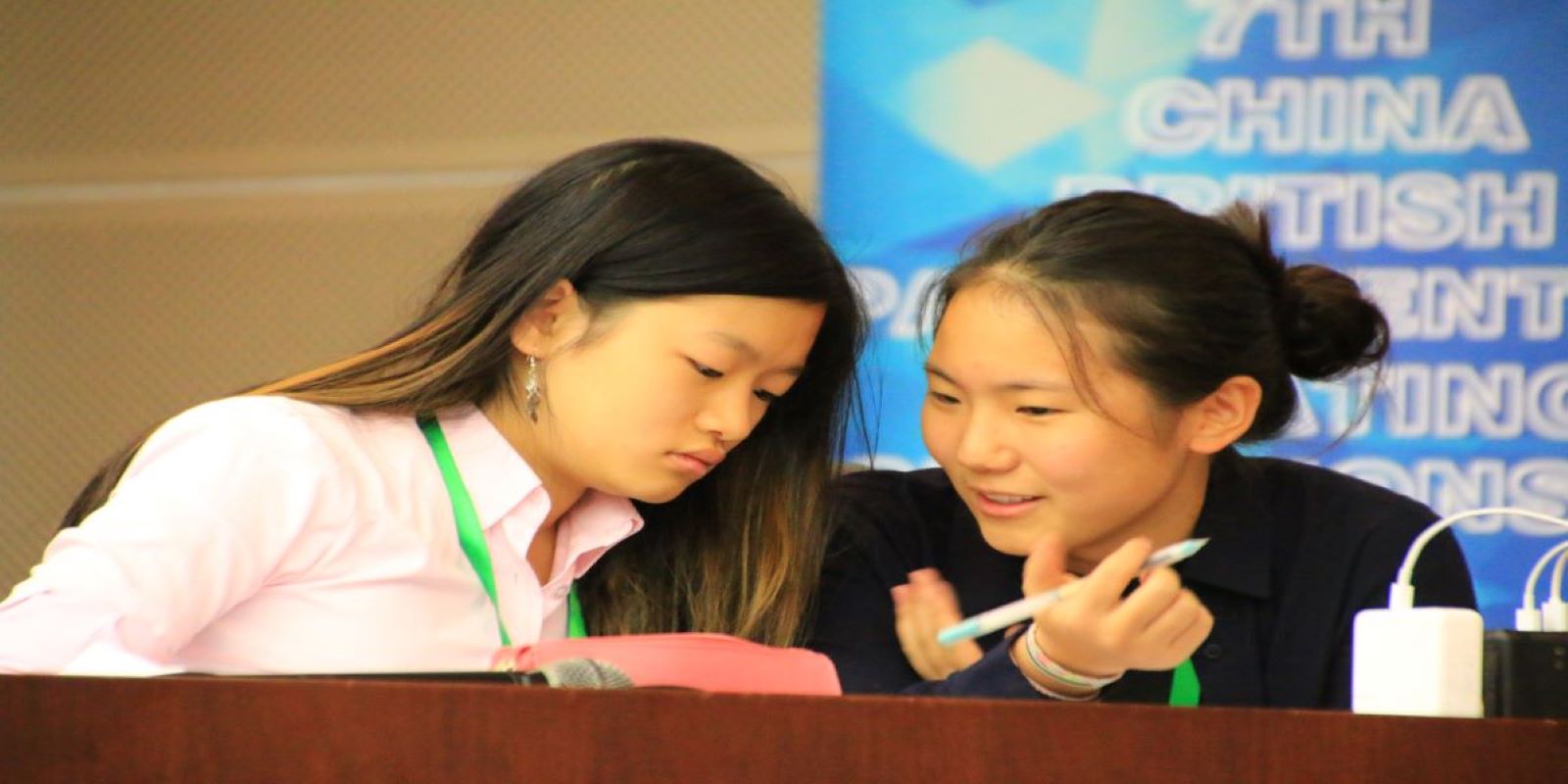Explained: The World Schools Debate Format

World Schools debate, also known as WSDC, is one of the most common debate formats in the world. It's most typically used in school debates, hence the name, and it's the debate format used in the World Schools Debating Championships, which take place every year.
If you participate in any debating, chances are you'll run into WSDC. In this article, we'll cover the rules and structure to a World Schools debate so you'll be ready to compete.
Overview of World Schools Debate
World Schools debate is a type of parliamentary debate which takes place between two teams, the Proposition or Government team and the Opposition team. The debate centers around a topic called a motion.
The teams in a World Schools debate have between 3 and 5 members. In any given round, only 3 students will speak, but the other 2 can help them get ready during prep time. Teams often rotate their lineup from round to round in order to give everyone a chance to speak.
Some of the motions in World Schools debate may be announced before the tournament, while others will be presented impromptu. For impromptu rounds, debaters will be given 30 to 60 minutes of prep time before the debate.
During prep time, no use of Internet or electronic devices is permitted. You'll have to rely on your creativity, knowledge base, and logical reasoning!
WSDC Speaker Roles
In World Schools debate, each speech can be a maximum of 8 minutes, with the exception of reply speeches, which can be a maximum of 4 minutes. Though there is no minimum, speakers should strive to fill as much of their time as possible!
- The First Prop or the Prime Minister is in charge of defining the motion and outlining their team's plan to enact it. They will then advance 2 to 3 arguments supporting the motion.
- The First Opp or Leader of the Opposition is in charge of outlining their team's arguments and rebutting the Prime Minister. They will then advance 2 to 3 arguments against the motion.
- The Second Prop and Second Opp continue with rebuttals, rebuttals of the opponent's rebuttals, and new arguments or extensions of previous arguments.
- The Third Prop and Third Opp are Summary speakers who identify main clash points or areas of disagreement in the debate. They may include new rebuttals but not new arguments in their summaries.
- The Fourth Opp speaks immediately after the Third Opp, making the Fourth Prop the last speech in the debate. These are Reply speakers who essentially review the debate and argue how the judge should view the round and why their team has already won
Points of Information
A cool feature of World Schools debate is its use of points of information or POIs. These are short questions any speaker can offer to speakers on the other team during their speech, which are an opportunity to engage in real time.
Speakers can decide whether and when to accept a question, but they're expected to accept at least 1 during their speech. POIs cannot be offered in the first or last minutes of a speech or during reply speeches.
If you want to learn more about how to nail your POIs, check out these POI strategies!
How World Schools Debates Are Judged
After the end of the debate, all team members will leave the room or wait in the online room while the judge deliberates. If there are multiple judges, they will confer briefly and then vote independently.
When the teams have returned, they will hear an oral adjudication from the chair of the judging panel where the winning team will be announced and reasons will be given for the decision.
While making their decision, judges fill out ballots assessing each speaker's performance based on their content, style, and strategy. As such, debaters are encouraged to respectfully approach them after the adjudication for individual feedback!
If you're ready to compete, we're ready to set you on your path to success. Follow this link or the button below to get involved with the World Schools Debating League.
Alternatively, if you're curious about more advanced forms of debate, check out this guide to British Parliamentary debate. It's like World Schools debate but twice as fun and with twice as many teams!

